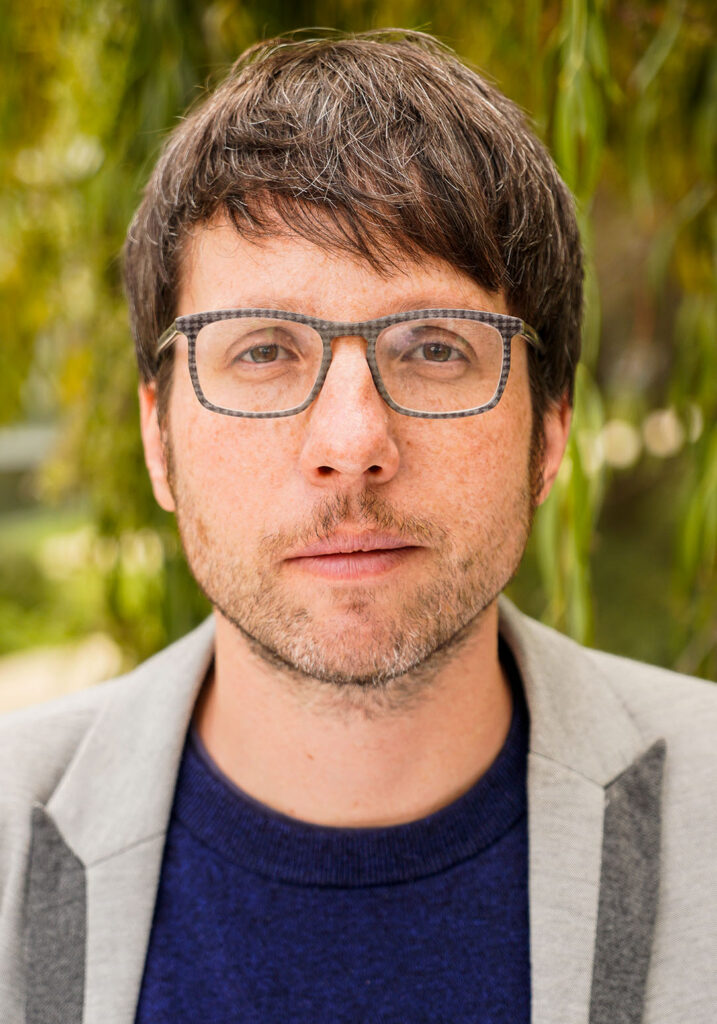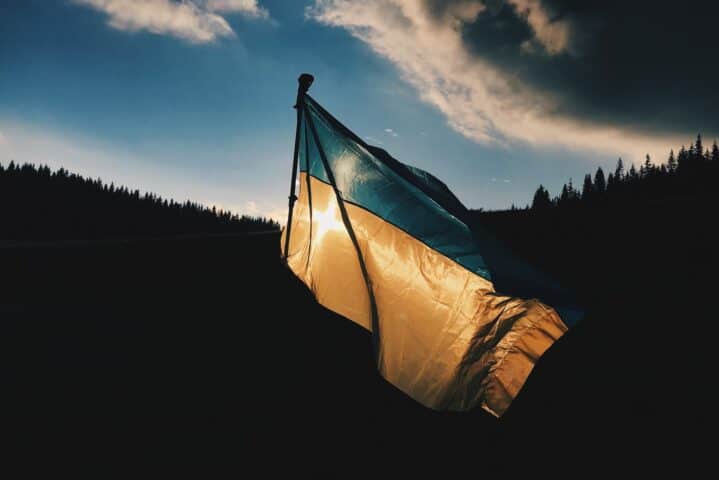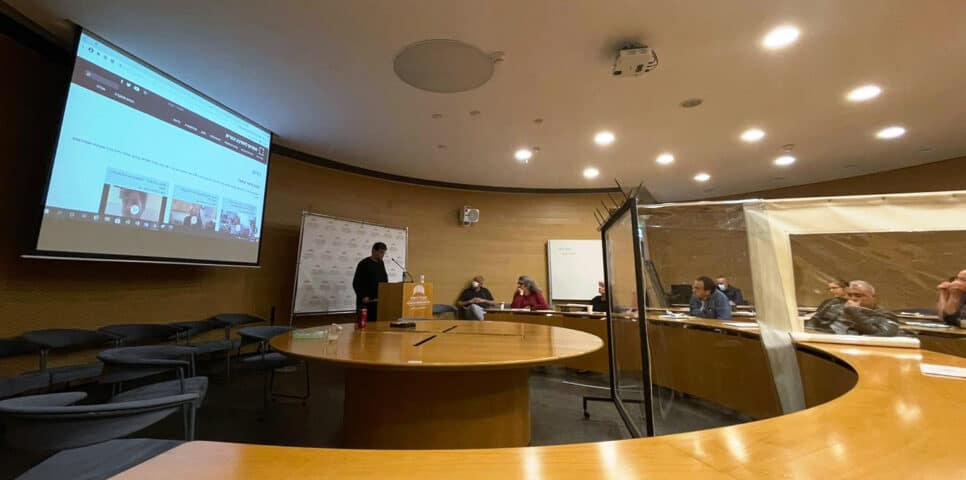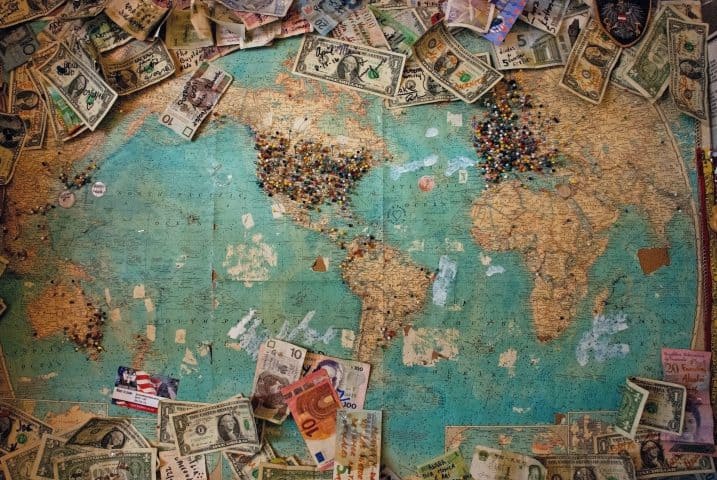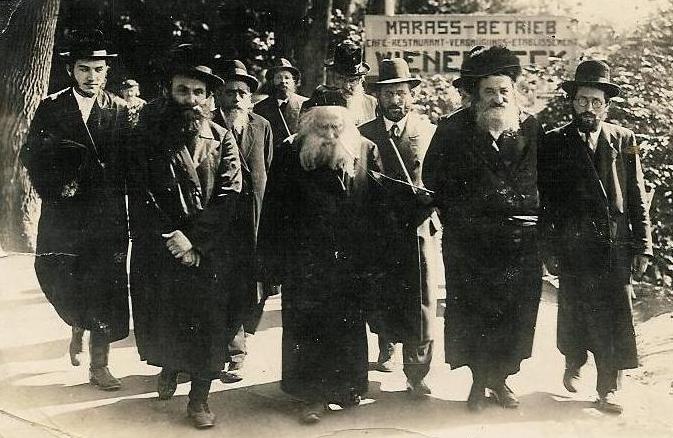Opinion: The logic of the Anthropocene

“Use and throw away” has become much more than a concept in the present era. It is a whole way of life in a world where everything is disposable: plastic, paper and polluting fuels. Perhaps the solution to the problem threatening our existence is to learn to live like the plants? Could humankind change its habits and rescue the earth and civilization itself?
Dr. Ofri Ilany, a research fellow at the Polonsky Academy, writes about the different meanings of "disposable" and how we treat the world. A lecture series he designed and hosts will begin in January: The Anthropocene Epoch: Life after Nature, which will be about less-discussed aspects of the Anthropocene and the environmental crisis.
One of the characteristics of the present era is that our generation is experiencing things that have never happened before in history. It has to do with the point that the human race has reached as a global species that rules and is present in every corner of the earth. Every year unusual events are reported that have no precedent. Every day we experience natural phenomena that only occur once in tens of millions of years – well beyond the time frame of human existence. For thousands of generations humans faced various political and social problems, but mega-fires in the Arctic Circle and the massive melting of glaciers have apparently never happened in any historical era. Therefore, the events we are seeing today as a result of the environmental crisis are unique, singular, one-time events. It parallels our mentality as consumers, accustomed to single-use, disposable products.
The cliché says you only live once. That is true of course, but the uniqueness that governs the present time is less like only living once or a once-in-a-lifetime love, and more like a disposable wrapper or a disposable wipe. A disposable product is one you throw away right after use. The fact that they are meant to be used just once is what makes disposable products so attractive. Throwing them away is supposed to be just as enjoyable as using them. And so we treat the world: unfortunately, the average consumer enjoys their ability to consume it. After all, consumption means disposal, destruction.
The oceans are filling with plastic, and in developed countries there is a growing demand to outlaw disposable dishes. Wooden straws are replacing plastic straws, and progressive businesses avoid even printing their bills on paper. It would appear that several decades of criticism of the consumer culture produced sensitivity to disposable products. But actually, the contrary is true: the logic of disposable dishes now governs all of our relationships with the world.
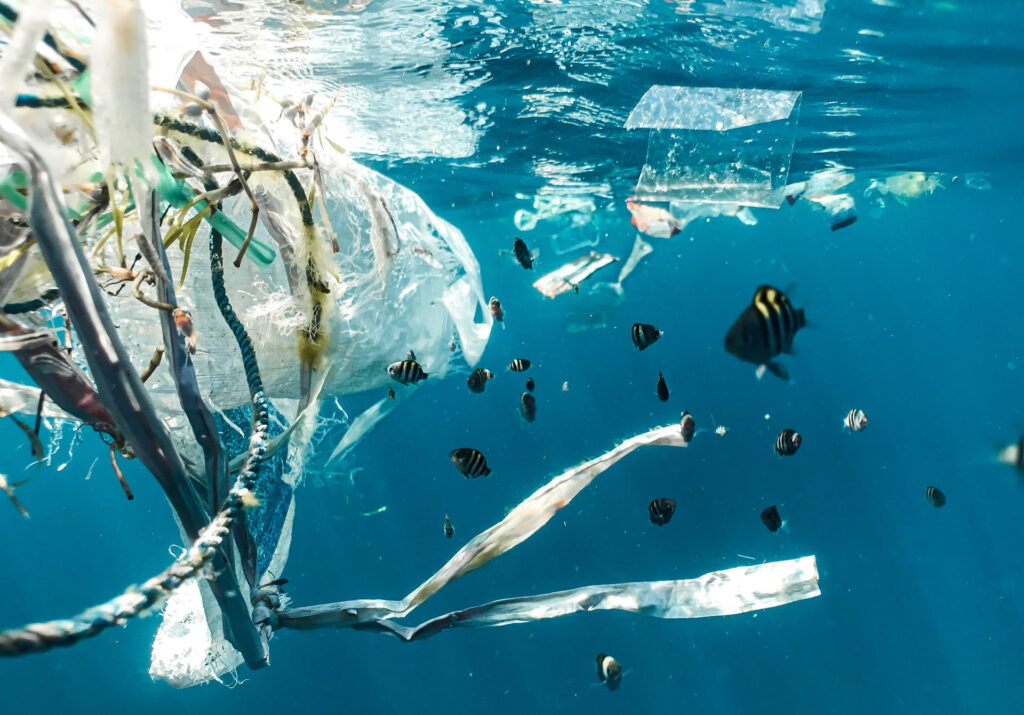
We learn to treat the earth itself as a disposable product. Ultimately, that is natural: decades of use of disposable cups and plastic bags taught us that to “use and throw away” is the right way to treat the whole world: the landscape, the oceans, the forests and the natural resources.
And we may have reached the earth’s limits. On the macro level, what is happening now on earth is the rapid consumption of the fossil fuel reserves that accumulated in the depths of the earth for the entire history of the planet. These are carbon fuels that accumulated over hundreds of millions of years in a process of photosynthesis performed by ancient plants. They accumulated as coal, oil and natural gas, the remnants of plants from earlier ages that remained buried in the depth of the earth.
For about two hundred years, and especially the last decades, humans have used the vast reserves of buried energy. They also learned how to produce plastic out of them – another product of oil we use. The use of fossil fuels is the condition that facilitated the rapid acceleration of human activity since World War II. It gave us unprecedented freedom, prosperity and longevity. But at the same time it created an unprecedented transformation of our planet. We rapidly transfered hundreds of billions of tons of carbon from the earth to the atmosphere.
But when we burn oil, coal and gas, we not only fill the atmosphere with carbon; we also quickly consume energy that plants took pains to store very slowly, over hundreds of millions of years. The plants on earth will probably need hundreds of millions more years to re-create the energy reserves we are consuming at a fantastic pace. This means that if a future civilization appears on earth after we become extinct, there may be no fossil energy left for it to use. Yet again we prove that we treat our planet as if it were a disposable product.
To survive on the planet we will have to learn how to live like plants; to rely on renewable energies and materials. There is a reasonable chance we will succeed: in recent years we have begun to partially let go of our dependence on the existing fuel reserves. We have learned how to produce energy directly from the sun – solar energy. But this change also has a tremendous price. Our challenge is to perform it quickly enough to rescue our civilization.
See lectures on the climate crisis: Literature, Capitalism and the Climate Crisis, Humans and the Environment, the Day After? And read about the Anthropocene Challenge – a new research workshop.

